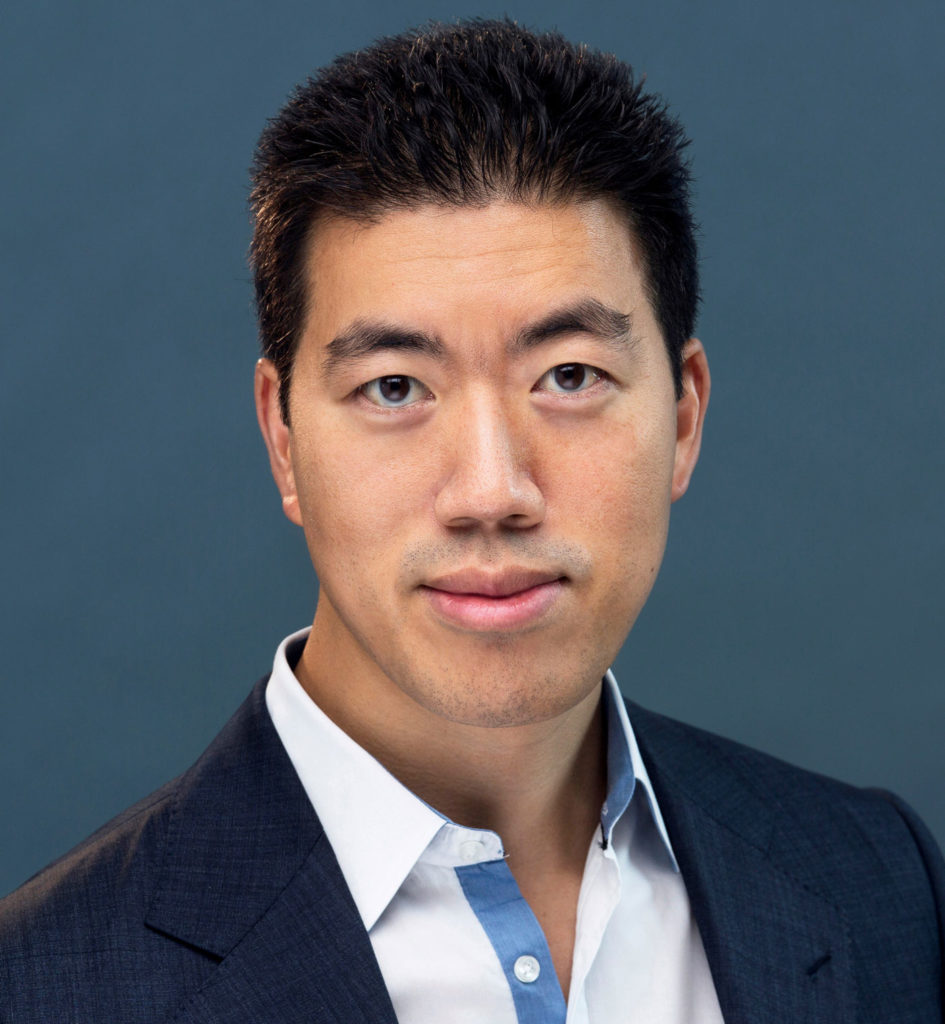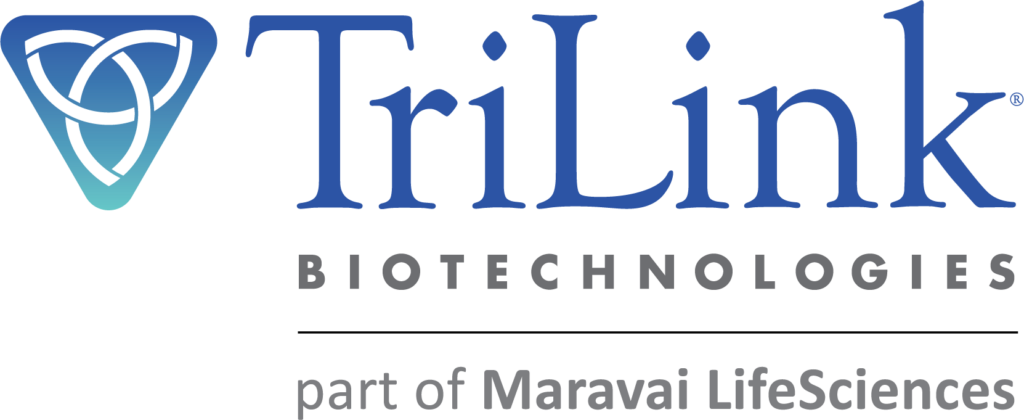- Time:
Most genetic variants that contribute to disease are challenging to correct efficiently and without excess byproducts in therapeutically relevant cell types using programmable nucleases. In this webinar, Dr. David Liu describes the development of two approaches to precision genome editing—base editing and prime editing—that do not require double-strand DNA breaks (DSBs). Through a combination of protein engineering and protein evolution, the Liu lab has developed two classes of base editors (CBE and ABE), proteins that enable all four types of transition mutations to be efficiently installed or corrected at target positions in genomic DNA without the undesired consequences of DSBs. More recently, Dr. Liu’s laboratory and collaborators engineered a novel DNA deaminase into a mitochondrial base editor, enabling the first precision edits in the mitochondrial DNA of living cells. Liu and colleagues have addressed animal models of human genetic diseases such as progeria, with a high degree of phenotypic rescue and lifespan extension.
During this webinar from The CRISPR Journal and GEN, Dr. Liu will also describe prime editing, a versatile and precise genome editing method that directly writes new genetic information into a specified DNA site using an engineered reverse transcriptase, programmed with a prime editing guide RNA (pegRNA). Prime editing installs targeted insertions, deletions, and all 12 types of point mutations in a variety of mammalian cell types without requiring ds breaks or donor DNA templates. For example, Dr. Liu’s lab has applied prime editing in human cells to efficiently correct the primary genetic causes of sickle-cell disease (a transversion mutation) and Tay-Sachs disease (a four-base insertion). Prime editing offers complementary strengths and weaknesses compared to base editing and lower off-target editing than Cas9 nuclease. Prime editing further expands the scope and capabilities of precision genome editing in human cells without DSBs.
A live Q&A session followed the presentation, offering you a chance to pose questions to our expert panelist.
Webinar produced with support from:

Director, Merkin Institute of Transformative Technologies in Healthcare, Broad Institute
Professor of Chemistry and Chemical Biology, Harvard University
Investigator, Howard Hughes Medical Institute



